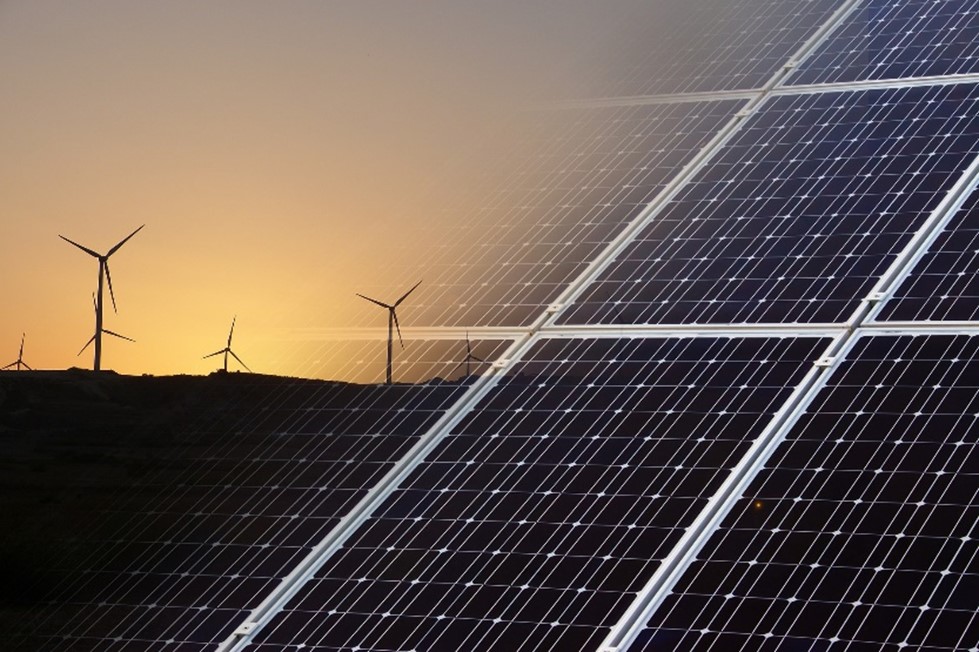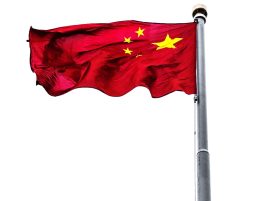
On October 13 – a few days before the opening of the 20th Congress –, the National Development ad Reform Commission, jointly with other five departments (the Ministry of Commerce, the Ministry of Industry and Information Technology, the Ministry of Natural Resources, Ministry of Ecology and Environment and the Ministry of Transport) issued some guidelines aimed at encouraging foreign investments in manufacturing, green technologies and energies sectors. The so-called “关于以制造业为重点促进外资扩增量稳存量提质量的若干政策措施 – Various measures and directives for the promotion, attraction, stabilization and enhancement of foreign investments in manufacturing sector” (hereinafter referred as “Directives”), have been enacted on October 25, extending their scope also to other investment sectors for foreign operators.
In order to drive investments within a common and general framework, the Directives involve three macro-areas, namely:
- Optimization of the legal framework for the increase of foreign investment flow;
- Strengthening of services supporting foreign investments;
- Guidance and quality improvement of foreign investments.
Optimization of the legal framework for the promotion of foreign investments
The purpose of the Directives is to ensure the correct application of the so-called Negative List. The Negative List – constantly updated – identifies the industrial sectors where foreign investments are prohibited or restricted. In recent years, there has been a constant reduction of these sectors by the Chinese government, with the aim of increasingly encouraging foreign investments even in areas historically considered as strategic. The correct application of this list, to which the Directives refer, requires the elimination of any further restrictive measure that do not fall within its scope and that may hinder the development of foreign investments.
This first macro-area focuses, first of all, on the necessity of ensuring that foreign companies investing in China are treated on an equal footing with local companies, in order to guarantee them equal benefit of support policies and equal treatment in the various investment-related operations (licensing, tenders, protection of intellectual property).
The local authorities will be therefore responsible to conduct a feasibility assessment of an investment and its environmental impact.
In order to successfully implement the above, the Directives emphasize the need for dialogue and cooperation not only between foreign companies and local authorities, but also with other institutions such as Chambers of Commerce and international organizations.
Strengthening of the services in support of foreign investments
In recent years, the pandemic has hindered both the movement of people due to the difficulty of entering and exiting the country and the exchange of goods due to severe slowdowns in the supply chain and logistics in general. Without prejudice to full compliance with the prevention measures for the containment of the Covid-19 pandemic, the Directives emphasize the need to facilitate entry and exit from the territory, simplifying the relevant procedures and making them transparent. Similarly, the coordination of these measures at national level should ensure a positive impact on the normal functioning of the supply chain and the stability of transport.
In terms of services, the Government of Beijing considers of great importance the fact that the foreign companies having the appropriate qualifications and requirements, could benefit of the financial support provided by the banks and other financial institutions or local bodies. In parallel, these institutions shall also encourage the reinvestment of profits through appropriate support policies as for example the preferential policies aimed at reducing the investment and management costs.
Guidance and quality improvement of foreign investments
The Directives mention a number of sectors in which foreign companies are particularly encouraged to invest in, namely:
- Basic components and components for the advanced and high-tech production;
- Research and development in the modern industry of services and logistics;
- Innovative technologies and energies in order to accelerate the ecological transition process, encouraging those investment that could provide a support in pursuing the goal of carbon emission reduction.
The set of incentives contained within the Directives undoubtedly reflect the need to promote an innovative, high-quality and, above all, low environmental impact industrial development. It is of particular interest the reference to the geographical areas mentioned within the Directives; the authorities, in fact, point to investment support in the Central, Western and North-Eastern regions of China, which, as known, represent the least developed areas and for which, in the last two decades, various policies have already been adopted in order to encourage, also through foreign investments, an economic development on the model of that one experienced by the areas along the coast.
The context of uncertainty that persists in China worrying investors due to the continuous variability of the situation, is balanced, albeit partially, by the initiatives promoted by the legislator. In terms of international relations, the 20th Congress recalled the government’s favorable stance on incentives for foreign investments, since they constitute a fundamental impulse for the Country’s development. The Directives discussed above, promulgated almost contextually to the Congress, are clear evidence of the government authorities’ intention to support foreign investors’ initiatives in sectors that are particularly strategic for China.
China Desk – Zunarelli Law Firm








